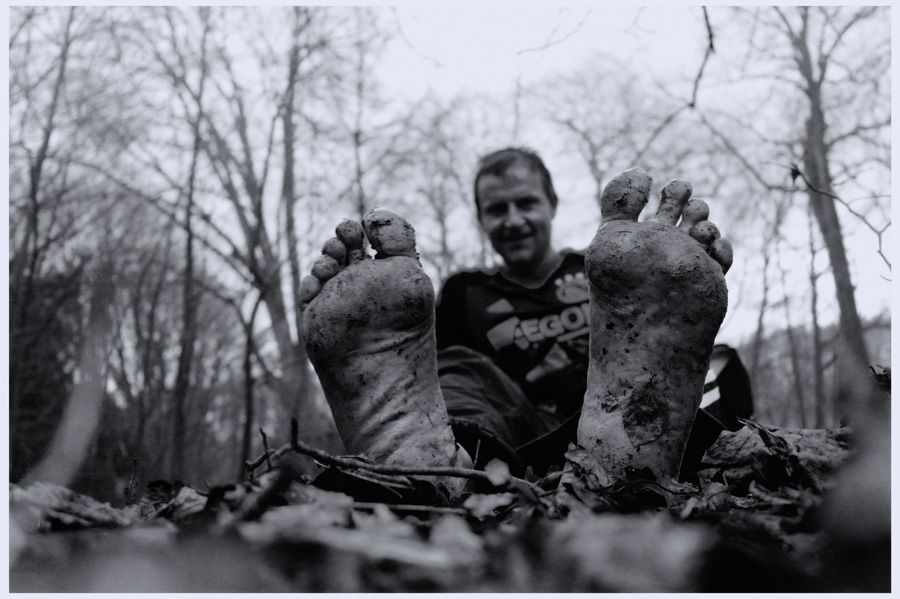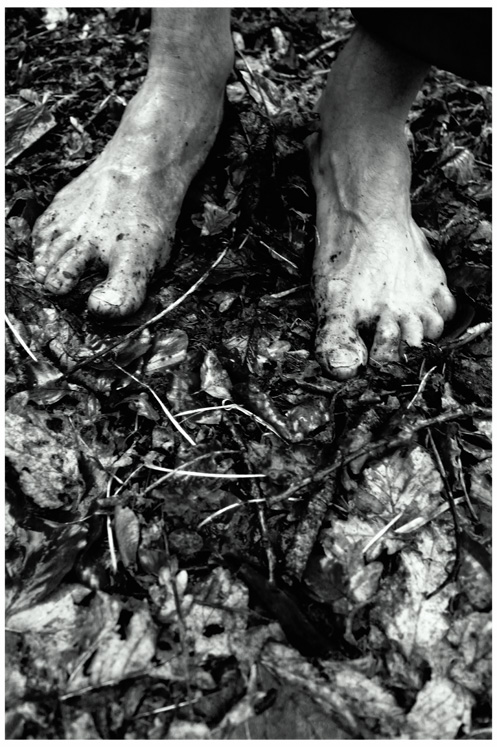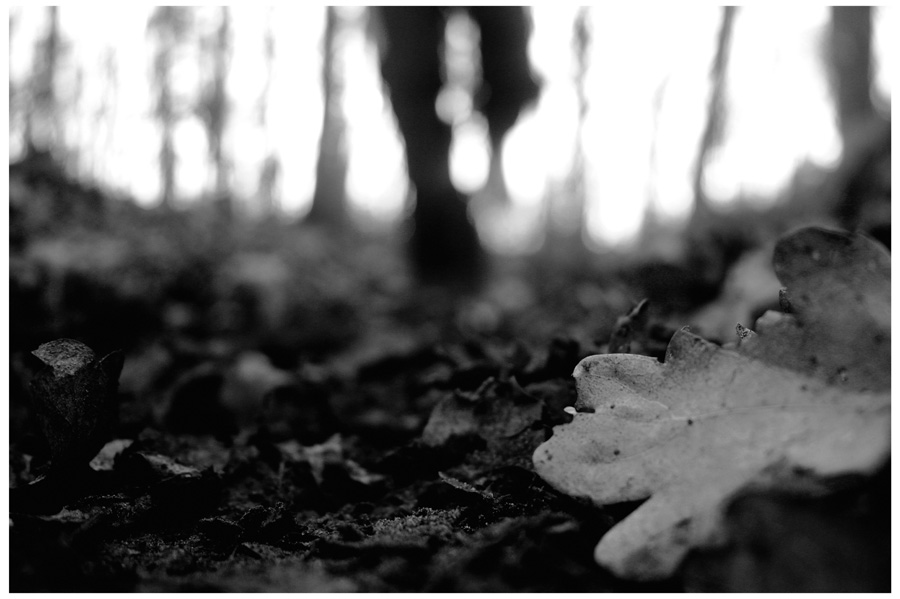Naturalness vs artificiality
- Details
- Hits: 4943

Kennemer Dunes 360° today. Inside [ outside ]
Min/max temperature: 2°C/12°C; humidity: 69%; precipitation: 0 mm; sea level pressure: 1031 hPa; wind: SE 11.3km/h; visibility: 16.0 kilometres
"It is very important that people are lit realistically from existing light sources. And if you cheat, you cheat with light sources that you do not see but feel that they could be there."
Vilmos Zsigmond as quoted by Ross Lowell in 'Matters of Light & Depth', page 45, first published in 1992 by Brodd Street Books, New York
"I believe that what is functional is beautiful, that functional light is beautiful light. I try to make sure my light is logical rather than aesthetic."
Nestor Almendros as quoted by Ross Lowell in 'Matters of Light & Depth', page 45, first published in 1992 by Brodd Street Books, New York
"[L]iving things react positively to what is life-supportive and negatively to what is not; this is a fundamental mechanism of survival. Inherent in all life forms is the capacity to detect change and react correctively -- thus, trees become smaller at higher elevations as the oxygen in the atmosphere becomes scarcer. Human protoplasm is far more sensitive than that of a tree."
David Hawkins in 'Power vs Force', page 45, first published in 1995 by Hay House UK Ltd
Samsung NX 100 †
- Details
- Hits: 4929

Haarlem, today. A camera [ is a camera ]
Min/max temperature: 13°C/22°C; humidity: 72%; precipitation: 0 mm; sea level pressure: 1023 hPa; wind: North 3.1 km/h. ; Moon: Waxing Crescent, 48% illuminated
Camera's come and go, with the speed of light. You practically can not unpack the box or a 'newer, faster, cheaper, mega-pixel promising, super latitude ' model is shouting for attention -- and if you hate photography -- but like showing off with the newest stuff, the biggest lenses, that really is all that matters. Advertising people give you the reason to feel good about your new investment ("If you do not buy it, people will not like you anymore!") -- so you buy and feel good, at least for a couple of hours -- and it drives the market. Everybody with a bit more sensible-sense knows that is nonsense. It is not in the latest marketing craze, it is in stuff that you trust, know how to handle, feel comfortably-uncomfortable to work with. The more it breaks down -- over the course of a productive life -- the more it is held by 'wires', the more you are able to establish a 'relationship' with your gear, repair it, keep using it, have it function as an extention of your-self, making it your own, the better of you are, the more you learn, the better you get. "In der Beschränkung zeigt sich erst der Meister, Und das Gesetz nur kann uns Freiheit geben." This proces keeps repeating itself until it becomes a 'piece of cake' -- to start all over again! "Transcend and include..." That is not to say that the market of products and services is bad and corrupt -- on the contrary, it is not good nor bad per sé. Everybody knows that. The amazing thing is, a whole lot of excellent, useful stuff is designed, produced, marketed and sold. Equipment that actually is made to function, and last a little longer than the time required to walk out the store or being delivered to your door -- that has durability, sometimes even a lifetime. The art is in knowing what you need, knowing where to find it and learn to work with it, get the best out of it. Do you want to feel free to create or be a puppet of the market? It is not productive to denounce the market (it creates angry people). It is better, more healthy, to learn to recognise and use the few good things that are available, in the achievement of the goals that you have set for your self. To feel free to create! To feel free to create! As opposed to be a slave and work for stuff you really do not need and that sure as hell does not need you. This is the 'art of separating people from their money' game. Some people really need an airplane. But some people for sure do not need another new phone. Don't judge, be conscientious.
The Samsung NX 100. The lens broke a few months ago, but -- miraculously -- with scotch tape it kept functioning with an intact back-focus. More or less. With the first generation battery and delivering an impressive organic-look -- I have always loved Samsung camera's (from the Samsung NV-8 onwards) -- even their phones make better pictures than others around. The NX-100 is/was a beautiful camera with a mechanic shutter, trusty, simple and robust. Been 'everywhere' with it, under extreme circumstances: hot, cold, wet, dry, indoor and outdoor. Last week the shutter failed and since Samsung discontinued the production of this camera -- and all other of its camera's in general -- time had arrived to move on to another model, even brand (a used digital camera by a classic manufacturer, which does not start with an "S" for sure!) Here is my final salute to a marvellous modest piece of equipment.... All images on this website -- and many more -- are made with the camera pictured above -- with the exception of this image ofcourse.
Mental health is all: In conversation with Jeremy Corbyn
- Details
- Hits: 4864
'In conversation with Jeremy Corbyn, documented by Ken Loach' is 59 minutes and 36 seconds good stuff to experience: unity of form and content. Jeremy Corbyn leads by example. Ken Loach supports the case. As his last film 'I, Daniel Blake' does.
From the transcript, Jeremy Corbyn: "So whilst on one level we’re talking about a series of policy issues, mental health, housing, health, education, war and peace, environment and so on, it’s also about a level of consciousness and understanding and while social media is a great way of instantly and rapidly communicating with people, it often can be superficial and cannot go into the sort of life experiences that we’re talking about here that help to form our opinions. And so I’m not quite sure how it can be done, but let’s work out ways of doing it, because I want this sort of thing to carry on, I’m sure you all, I hope you all do as well."
Today/training/after_footprint/before_after
- Details
- Hits: 4879

Above: Today's training: upon arrival the landscape is changed into this contrasty (black/white) environment

Above: Upon departure: strong wind, clear view, dry

Above: arrival
Autoregulation
- Details
- Hits: 4811

Kennemer Dunes, today. Go, leave the trail [ learning ]
Min/max temperature: 8°C/12 °C; humidity: 96%; precipitation: 0.25 mm, sea level pressure: 1003.95 hPa; wind from N 26.1 km/h; visibility: 10.0 kilometres; Clouds few 731 m, scattered clouds 1493 m.
"[The] essential characteristics of behaviour is precisely to transcend itself constantly and to change autoregulation into auto-organisation leading to new structures […] In psychology, autoregulation [ "Life is essentially autoregulation" ] is not a return to a previous state determined by any genetic structure but is always a "passing beyond".
Jean Piaget in 'Language and Learning; The Debate between Jean Piaget and Noam Chomsky', page 5, 63, edited by Massimo Piatelli-Palmarini, first published in 1979 in France. English translation by Harvard University Press, USA
"Mentalistic theories of ethical self-management appeal to entities which seem to be particularly accessible to introspection. The inner forces which are said to take place of environmental variables are feelings. Men do brave things because they feel courageous or help someone because they feel compassionate. It would seem to follow that to teach students to be brave or compassionate, the teacher must teach them to feel […] In both clinic and laboratory, what is to be attenuated is usually operant behaviour (particularly avoidance) rather than the emotional responses which are felt."
B.F. Skinner 'The Technology of Teaching', page 193, 196, first published in 1968 by Prentice-Hall, Inc., USA
"Chief Inspector Charles Dreyfus: Good morning, Doctor.
Psychiatrist: Good morning, Charles. You're looking splendid.
Chief Inspector Charles Dreyfus: I feel splendid.
Psychiatrist: Every day, and in every way, you're feeling..
Chief Inspector Charles Dreyfus: Better and better.[…] Now, now, Doctor. Some people would consider your methods most unorthodox.
Psychiatrist: I was just making sure that you're not a better liar than I am a psychiatrist."
From 'The Pink Panther Strikes Again', the fifth film in The Pink Panther series written and directed by Blake Edwards, first released in December 1975 trough United Artists, USA



